December 2025 tax due dates: simple tracker for businesses and individuals
December 2025 tax calendar: important dates to remember
-
by Krishna
- Nov 29,2025
Effortless, Secure, and Reliable Tax Filing Solutions with Myitronline
File ITR yourself
We have changed the way people do tax filing in India. We don’t just get your tax return filed within minutes but get you maximum refunds in shortest time.
File ITR Now
Hire eCA Now
Entrust your taxes to our expert eCA Hire team. Benefit from dedicated assistance, comprehensive support, total transparency, and error-free filing.
Book Now
Trending Categories
Trending Highlights
View all highlightsGST
View all postExplore the world of Goods and Services Tax (GST) with our comprehensive guide. Learn about GST rates, compliance, benefits, and its impact on businesses and consumers. Stay informed about the latest GST updates and ensure you're making the most of this taxation system.
GSTN Advisory Procedures Provisions Taxpayer Amnesty Missed Appeal Deadlines
Understanding Section 122(1) of the GST Act: A Complete Guide
Identifying Fake GST Bills Report Complete Process
Unlocking Benefits: All About the Section 128A Waiver Scheme
GSTR-1 Updates: Mandatory HSN Code Reporting Explained for Taxpayers
Simplified GST Compliance: Relief Offered Under Section 128A Advisory
GST on Payment Aggregators: Impact on India’s Digital Payment Ecosystem
Income tax
View all postUnderstanding income tax is crucial for managing your finances. Discover how income tax works, learn about tax brackets, deductions, and credits. Stay informed about changes in tax laws and filing requirements. Navigate the world of taxation with confidence and ensure you make the most of your financial opportunities.
A Simplified TDS System: How One Rate, One Section Reduces Tax Hassles
ITR-U vs. Condonation of Delay: A Complete Guide for Late Taxpayers
Maximizing Tax Benefits: How to Claim Deductions Under Section 10AA of the Income Tax Act
Comparison Of Old Tax Regime and New Tax Regime for AY 2025-26
Got TCS on Your Tax Statement? Here's What It Means for You!
Act Now! March 31, 2025, is the Last Date for Section 43B(h) Compliance
Understanding Tax Benefits: Navigating Form 10BE and Section 80G Rules
12A Registration Made Easy: Latest Online Guidelines for Indian NGOs
India's New 1% TCS Rule: What Buyers & Sellers of Luxury Goods Over 10 Lakh Must Know
Understanding Depreciation under Section 32 of the Income Tax Act
Finance
View all postDive into the world of finance and empower your financial future. Explore personal finance tips, investment strategies, budgeting, and more. Stay informed about global financial news and trends. Unlock the keys to financial stability and prosperity with our comprehensive finance resources.
Exciting Update Salaried Taxpayers Standard Deduction Limit Raised Rs 90000 Interim Budget APNOKACA
Senior Citizens Savings Scheme Significant Amendments
TDS & TCS Compliance Alert: What’s Changing from April 1, 2025?
India Cracks Down Financial Fraud 7 Million Mobile Numbers
Comprehending Income Tax Act Section 115JB: Minimum Alternate Tax (MAT)
EPF Withdrawal 2024: Eligibility, Rules, and Tax Implications Explained
EPF Claim Denials Common Causes Prevention Strategies
Join Our Newsletter and Get the Latest
Posts to Your Inbox

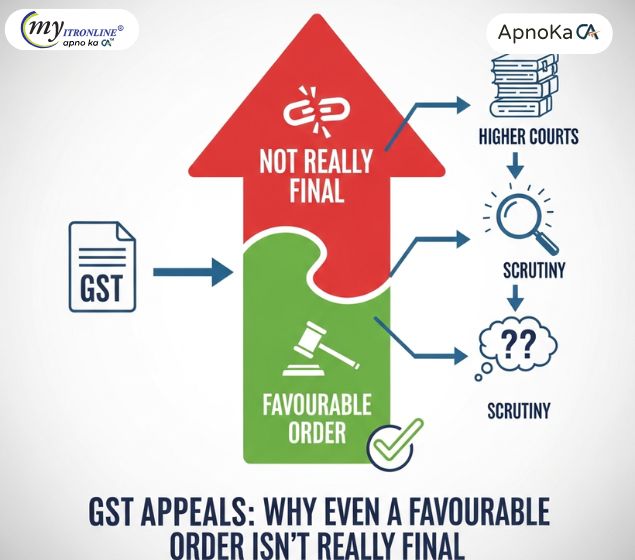

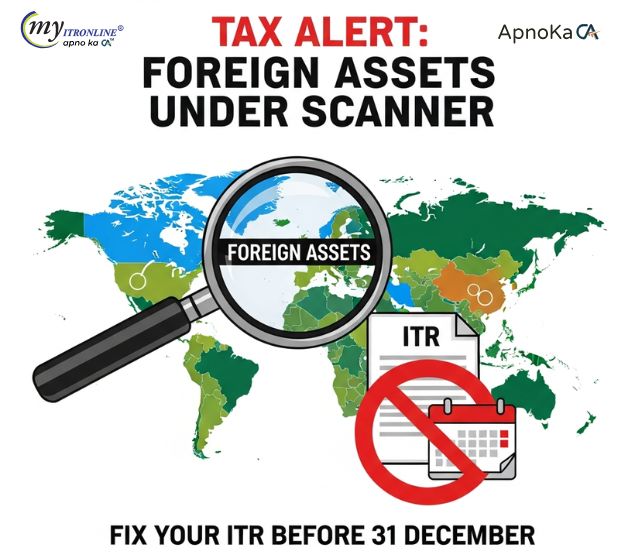
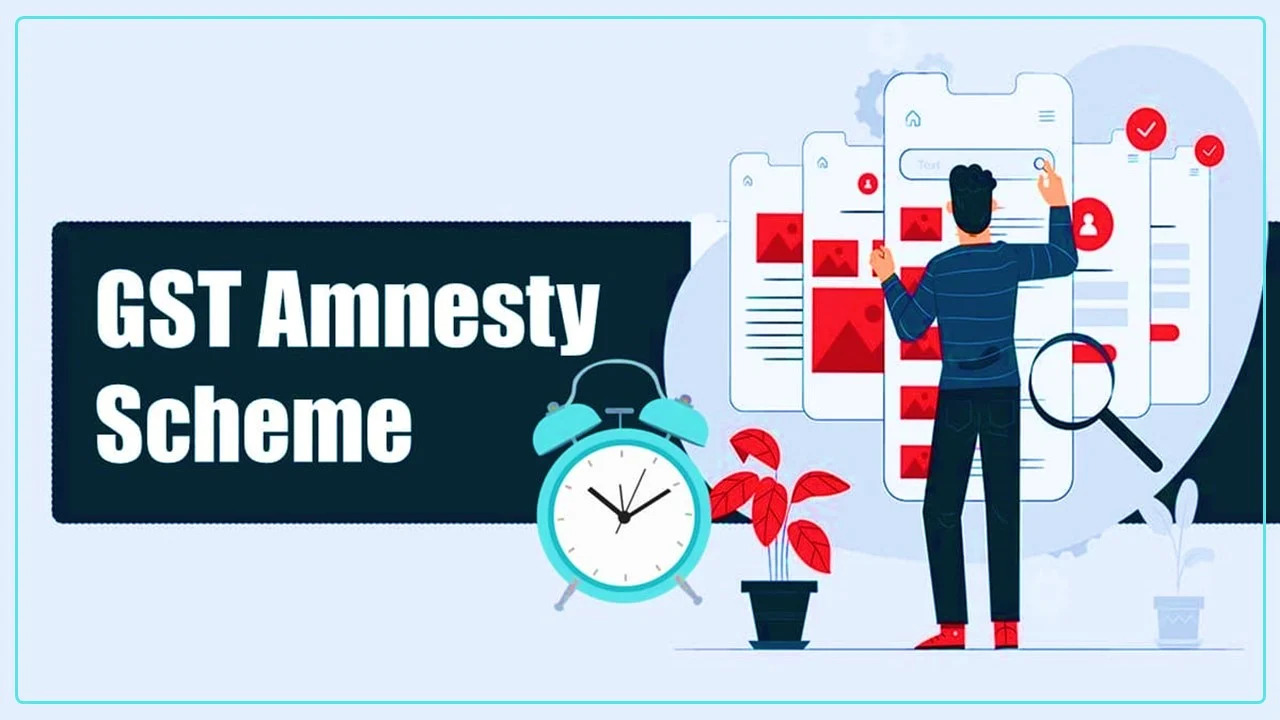
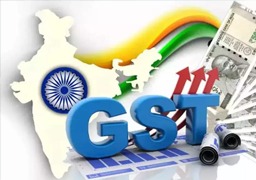
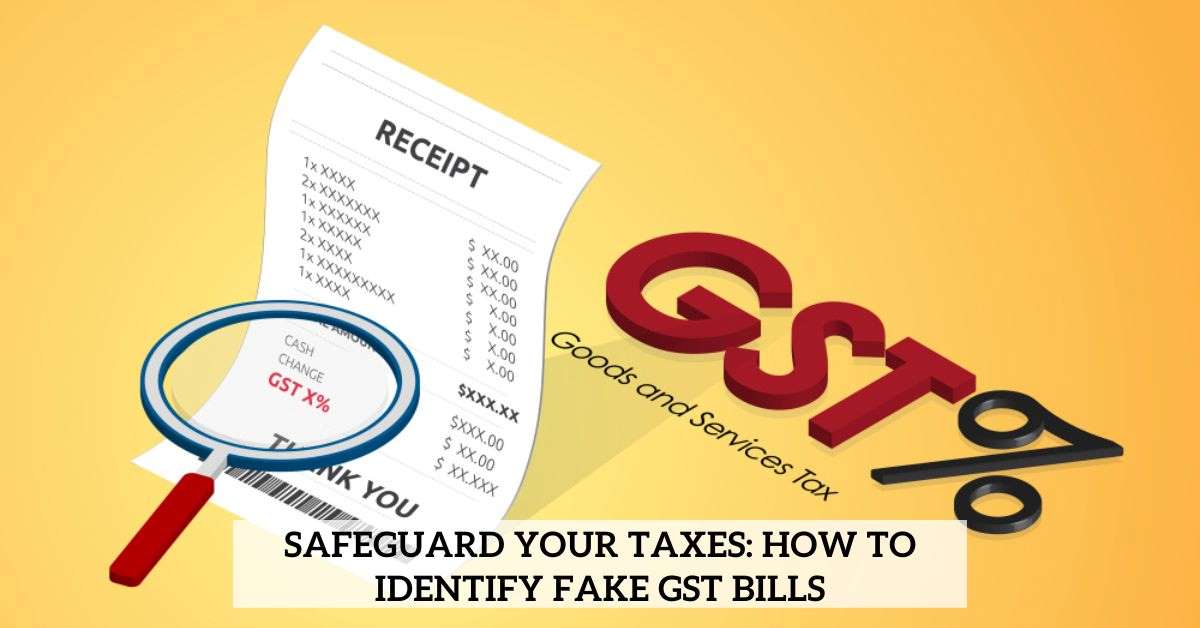
.jpg)
.jpg)
.jpg)
.jpg)
.jpg)
.jpg)

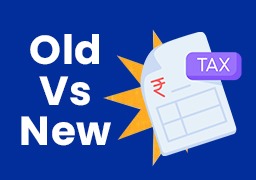
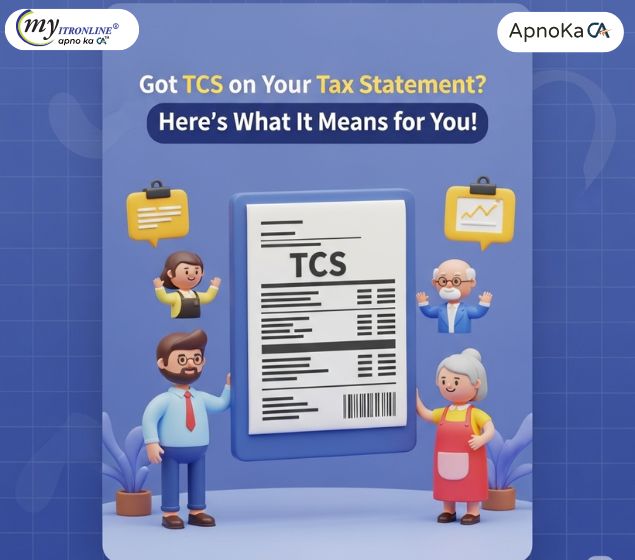
.jpg)




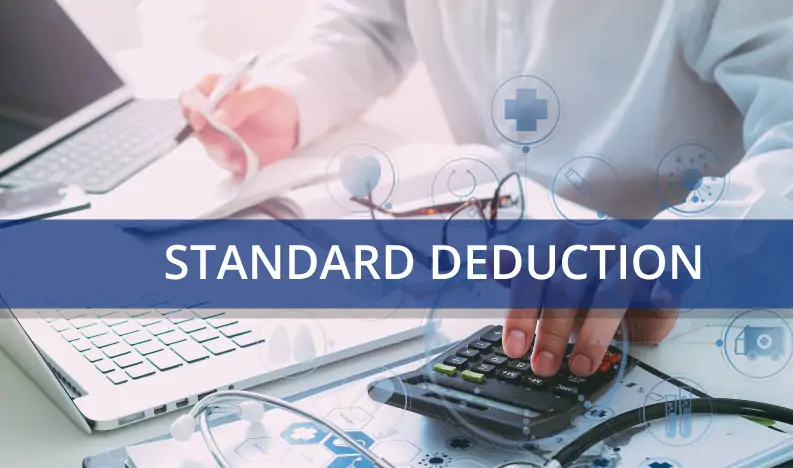

.jpg)

.jpg)
.jpg)
